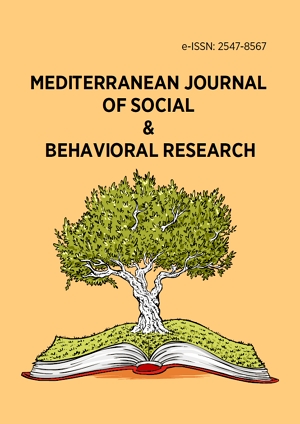Abstract
Mobile phone technology has gradually become a part of higher educational experience, and almost every member of the university community uses or owns a mobile phone to communicate with others. Despite the many benefits that mobile phone accrues, the excessive use of them has resulted in the problem of mobile addiction. This study examined the effects of cognitive therapy and behavioral therapy in dealing with mobile phone addiction among students. The study employed the quasi-experimental (non-equivalent) research design, with a pre-test-post-test control group. Using the stratified sampling technique, sixty participants were selected for the study. An adapted test of mobile phone dependence with McDonald’s omega coefficient reliability estimates of .82 was used for data collection for both the pre- and post-test. The hypotheses were tested using a three-way analysis of covariance. Evidence from this study was that, neither cognitive therapy nor behavioral therapy was efficacious in reducing addiction to mobile phone calls among university students. It was also found that neither gender nor age moderated the effects of cognitive therapy and behavioral therapy. It was recommended that counsellors should consider other psychological therapies to reduce mobile phone call addiction.
License
This is an open access article distributed under the Creative Commons Attribution License which permits unrestricted use, distribution, and reproduction in any medium, provided the original work is properly cited.
Article Type: Research Article
MEDITERR J SOC BEH RES, Volume 7, Issue 1, February 2023, 15-18
https://doi.org/10.30935/mjosbr/12583
Publication date: 01 Jan 2023
Online publication date: 27 Oct 2022
Article Views: 1594
Article Downloads: 1114
Open Access References How to cite this article
 Full Text (PDF)
Full Text (PDF)